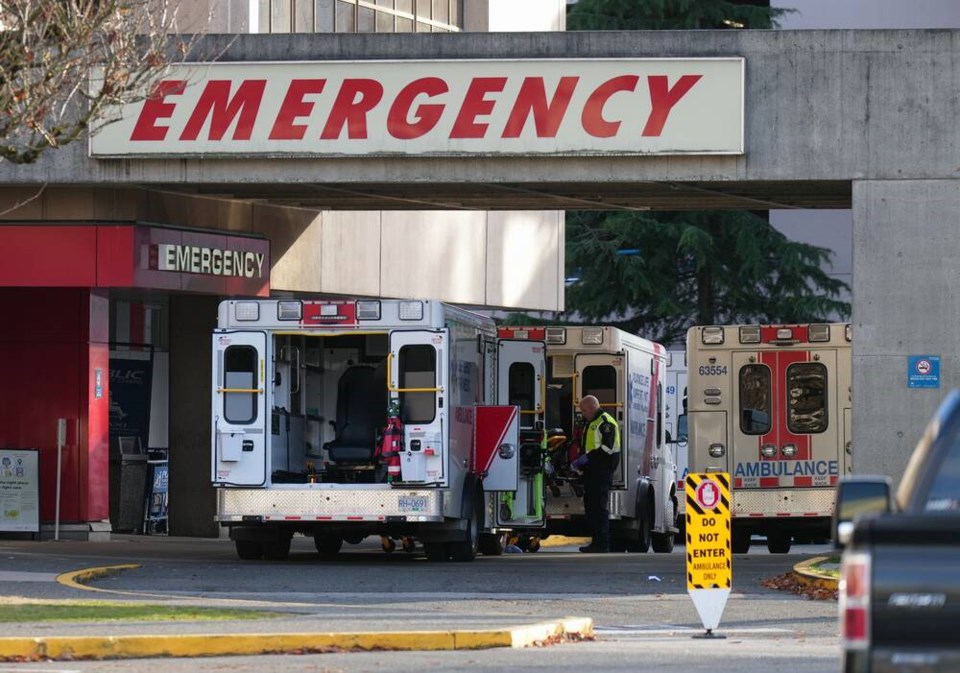A commentary by a paramedic who lives in Saanich.
I find it frustrating that the message is not getting out about how opiate drug overdoses kill and cause brain damage (most of the time) through a lack of oxygen to the brain and heart.
People die of an overdose because they are not breathing on their own. Period. The solution is breathing for them immediately, not using Narcan (naloxone) and hoping it works.
The province and other misinformed agencies have focused on getting Narcan — the brand name of naloxone, the medicine used to reduce the impact of opioids — into people’s hands.
Quivering hands with needles, drawing up multiple doses of Narcan, injecting it into muscle (not veins), and waiting for an overdosed brain and poorly working overdosed cardiovascular system to take Narcan into a poorly oxygenated brain to restart breathing on its own is and always has been a recipe for brain damage and death.
Twenty-five years ago, before the typical street paramedic had Narcan we dealt with overdoses routinely. We ventilated (breathed for) these overdosed patients, and if they could not be roused we took them to the hospital and got Narcan. As a now-retired instructor said, “Nobody dies of a lack of Narcan, but they do from a lack of oxygen.”
Drawing up Narcan is down my list of priorities. Checking for other issues, opening an airway, and ventilating the patient and ensuring they have a pulse all come first when I arrive.
Sadly, other self-taught first responders like UVic security, other street responders (and fire departments) may focus on what is expected (an overdose), and miss all the other life threatening issues that can mimic a drug overdose. If paramedics are not called at the start, the better part of an hour can and has been wasted treating an overdose when the real culprit is something else.
The province should not be allowing first responder agencies to teach themselves and certify themselves. They are never held to account when they do dangerous patient care.
As a paramedic I do not have the time to always follow up on the poor patient care I repeatedly encounter, with feedback or documentation.
Students and others do not need Narcan. Rather they need pocket masks and education to breathe for someone when they are not breathing on their own, and to call 911.
Whether from a drug overdose, or any other cause, air needs to go in and out immediately, stopping brain damage.
If B.C. Ambulance’s dispatch and call-taking system failed the university student who died (and based on the story it may have) it needs to be held to task. If paramedics can’t get to the patient, they cannot help them.
I hope that the dispatcher had ambulances headed toward UVic while they narrowed down the exact location with the caller.
Sadly, handing out Narcan and needles without proper training on the basics like opening airways and ventilating overdosed patients will result in increasing numbers of dead and brain-damaged people from overdoses and other causes mistaken for overdoses.
>>> To comment on this article, write a letter to the editor: [email protected]



